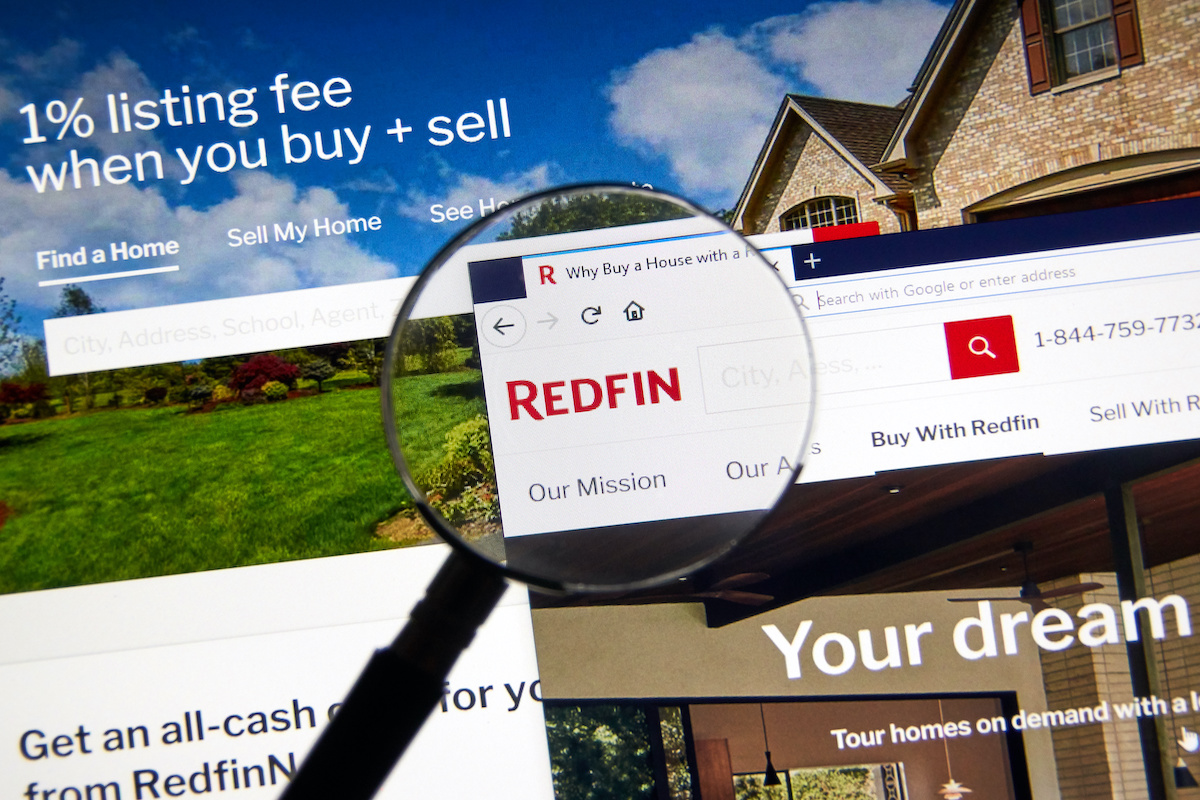Whether it’s refining your business model, mastering new technologies, or discovering strategies to capitalize on the next market surge, Inman Connect New York will prepare you to take bold steps forward. The Next Chapter is about to begin. Be part of it. Join us and thousands of real estate leaders Jan. 22-24, 2025.
Many of you know that I’m a big believer in goal-setting. With that in mind, one of my big goals for 2023 was to speak on a main stage. I put action behind my intention and ended up speaking at:
- The Gathering of Eagles conference, discussing the topic of “A Fresh Look at Containing Operating Costs”
- Side X Side in Long Beach, California, where I had a fireside chat Keven Stirdivant, founder of KASE Real Estate, on how to “10X Your Price Point”
- Inman Connect Las Vegas, where I had an amazing and trajectory-changing conversation with eXp’s Michael Valdez on How to ‘attract’ agents instead of ‘recruiting’ them
- California Association of Realtors REImagine Conference, where I had my first solo presentation on “Luxury Code: From Average to Elite Expert.”
As I work on my plan for 2025, this is, once again, a goal for me. We all have a story to tell, and sometimes, getting professional insight on how to tell that story takes help.

Onstage at Inman Connect Las Vegas | AJ Canaria Creative Services
That’s why, this time, I’m adding an expert to my team to help me refine my profile and presentation. I’m working with Miranda Barrett, founder of Mind the Mic Consulting, an event and speaker support firm.
Her homepage says it all: “There’s so much more to public speaking than just stepping up to the microphone. Especially if you believe in impacting the audience.”
According to Barrett, the skills needed to be an effective speaker or presenter are different from those needed to get onstage in the first place. “Having a support team to handle details like marketing and outreach, building your presentation and managing your bookings can help you succeed faster,” she said. “Above all else, you have to show up to give. If a speaker’s primary goal is to sell and promote services, the audience can sense that, and it erodes trust.”
3 things to consider when putting together your pitch
The real estate industry has no shortage of media opportunities for agents, team leaders, broker-owners and other stakeholders, from local news to national or international media. Not to mention, there are myriad stage opportunities for agents at conferences (like Inman Connect), associational meetings and company events.
Getting your foot in the door — then putting your best foot forward when it comes to presentation, knowledge, comfort level and all of the other things that make an appearance effective — is no easy task. Examples of where you’ve been covered by media in the past are huge and can have a big impact on getting you to the stage or providing opportunities to write for major publications.
This goes beyond just having a story to tell — it’s about knowing what the media rep or event organizer is looking for and presenting your narrative in a way that’s meaningful for their audience.
“Being clear about your topics and audience takeaways is so important if you want to resonate with decision-makers,” Barrett said. “Saying something like ‘I customize my speech for every audience’ is not helpful and not likely to get you booked.”
“Not every speaker is the right fit for every audience. Get crystal clear on who is the right fit for your expertise and seek that niche out. Trying to contort yourself to any audience is a disservice to you and them,” she continued.
Once you get the opportunity, the real work begins, allowing you to develop your message and your presentation.
1. Create relationships with journalists and event organizers
Landing media engagements and speaking opportunities start with relationship-building. The outreach you’ll do is almost like job-hunting, but the job you’re looking for is a chance to get onstage or into a publication. Unless you have a publicist or PR firm working for you, we’re all just fish in the sea, so you need to stand out.
Engage with your favorite writers on social media or reach out to them with your thoughts on their recent work. Connect with thought leaders in your space who may be putting together panels for an upcoming industry event.
Make sure you’re familiar with the people and organizations you’re pitching and their work. There’s nothing more off-putting than reaching out with a pitch that doesn’t make sense for the event or publication.
2. Contribute to other articles or panels
Reporters and producers are always looking for subject matter experts to interview, and contributors are often looking for ideas for their articles. Look for journalists who specialize in topics that align with your expertise and become a go-to source for the answers and content they’re looking for.
If you’re invited to participate in a panel or webinar, use it as an opportunity to practice your skills. Make sure to show up well-prepared so that you have something worthwhile to add to the conversation.
Don’t let your ego take over. Avoid going off on tangents or derailing the conversation in an attempt to hog the spotlight. Remember that being a good team player is essential and may eventually lead to a “starring role” for you down the road.
3. Develop your media kit
How you present yourself to the event promoter or media representative — from the cover letter to the pitch deck — helps you get the attention and, potentially, the media coverage that you deserve.
A well-prepared media kit is critical to attracting the right kind of attention and controlling your brand’s narrative. According to Sarah Dissegna of Elev8 Designs Co., who designed my press kit, your package should include a solid one-page biography, professional and up-to-date, high-resolution headshots, and a section featuring links to your previous media appearances. Being able to highlight where you’ve been featured previously provides added credibility and helps journalists determine how you fit into the story they’re working on.
If you’re looking for onstage speaking opportunities or the chance to appear on camera, you’ll need a video of a previous presentation. Companies like Blended Sense offer filming and editing services so that you can showcase your style and approach. Get yourself on camera as you lead a meeting or training session or participate on a panel, then have your video editor turn that into a promotional “sizzle reel” to include with your media kit.
Start planning now for 2025 success
Setting a goal to speak at conferences and contribute to media outlets is an important step in growing your personal brand and professional influence. The road to these opportunities is paved through intentional action, relationship-building and presenting yourself as the expert you already are.
2025 is just around the corner — let’s make it the year that you take your public speaking and media presence to the next level.
Troy Palmquist is the founder and principal at HomeCode Advisors. Connect with him on LinkedIn.



















 English (US) ·
English (US) ·